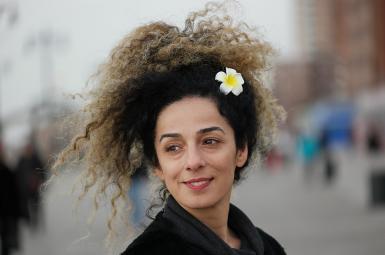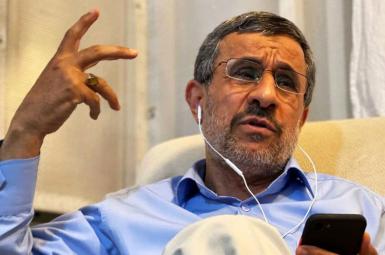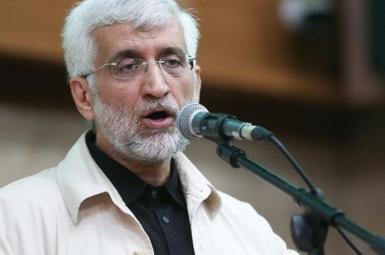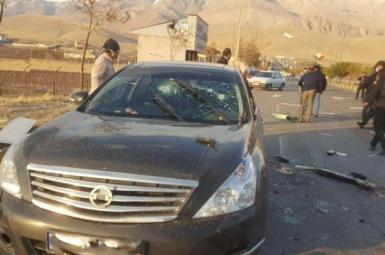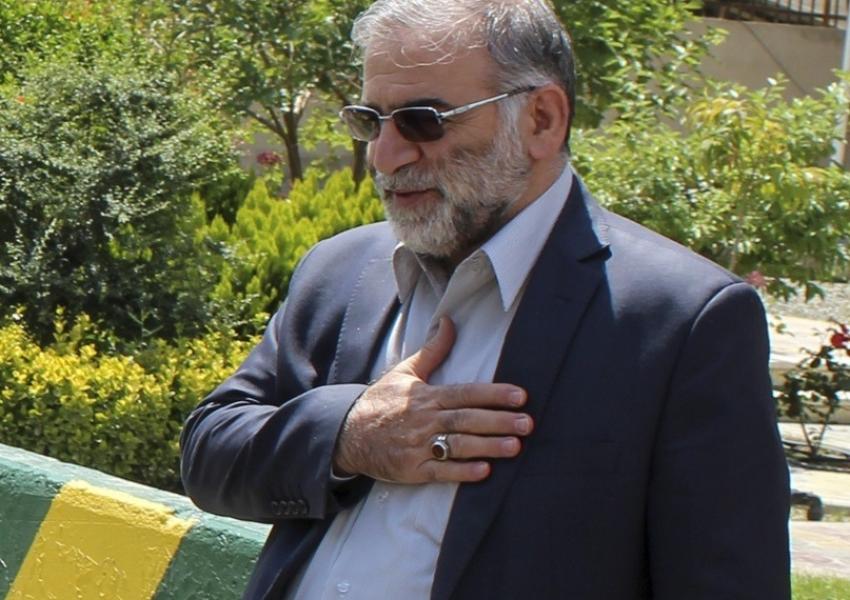
Officials Allege Iranian Intelligence Failures In Fakhrizadeh Assassination
Reactions from both Iranian officials and analysts to Friday’s killing of nuclear scientist Mohsen Fakhrizadeh have highlighted flaws in Iran’s security and intelligence operations.
The failure to protect Fakhrizadeh came a day after Iran apparently swapped a British-Australian academic jailed in Tehran on espionage charges for three Iranian jailed in Thailand over attacks on Israeli diplomats. It also coincided with opening of a trial of four Iranians in Belgium on charges planning to bomb the opposition group Mojahedin-e Khalq in Paris in 2018.
In a letter to President Hassan Rouhani, former Revolutionary Guards (IRGC) Commander Mohsen Rezaei, the secretary of the Expediency Council, called for tighter security to protect key personnel, and demanded serious effort by intelligence agencies to identify the perpetrators of Friday’s attack.
Former culture minister Ali Jannati wrote in a tweet that “infiltration by Israel agents” was “a serious problem” for which solutions were needed. Sara Massoumi, a journalist in Tehran, asked: “What the intelligence and security agencies have been up to that they did not see how far Israeli agents have infiltrated?” Iranian analyst Ehsan Mehrabi observed in a tweet that Fakhrizadeh’s security arrangements had been similar to those for non-security officials such as the education minister.
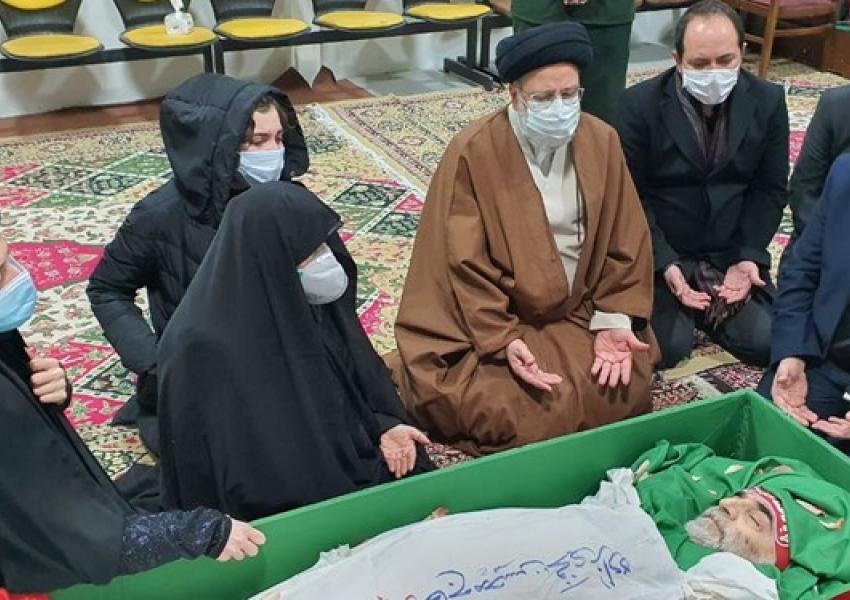
The body of Mohsen Fakhrizadeh surrounded by family members and Ayatollah Ebrahim Raeesi.
Social media has featured criticism – including from German-based analyst Mehdi Mahdavi Azad – of Iranian intelligence agencies for wasting time investigating dissent among journalists and activists rather than dealing with more serious problems.
The 2018 theft of Iranian nuclear files, July’s explosion at the Natanz atomic facility, nuclear facility in Natanz, and the alleged killing in August in Tehran of a senior al-Qaeda figure have all been cited as examples of intelligence failures. Behrouz Kamalvandi, spokesman the Atomic Energy Organization of Iran, said Fakhrizadeh was likely to have been the victim of those responsible for the Natanz explosion, which seriously set back Iran’s nuclear program.
Around social media, many have share a video in which Ali Shamkhani, Secretary of Iran’s Supreme National Security Council, played down officials’ need for security protection. But Ali Rabiei, government spokesman, referred to security flaws over recent months during which “terrorists” had sought to create confusion over Iran’s strategy and disrupt the region ahead of “major international events” – a probable reference to the arrival in January of a United States administration led by President-elect Joe Biden, who has promised to return to the 2015 Iran nuclear deal abandoned by President Donald Trump.
Outside Iran, Fakhrizadeh’s assassination has been widely evaluated as attempt to poison the atmosphere in the final weeks of the Trump administration. Carl Bildt, former Swedish prime minister, wrote in tweet: “It is not unlikely that this targeted killing was part of efforts to prevent the Biden Administration from reviving diplomacy with Iran and going back to the nuclear agreement.”
